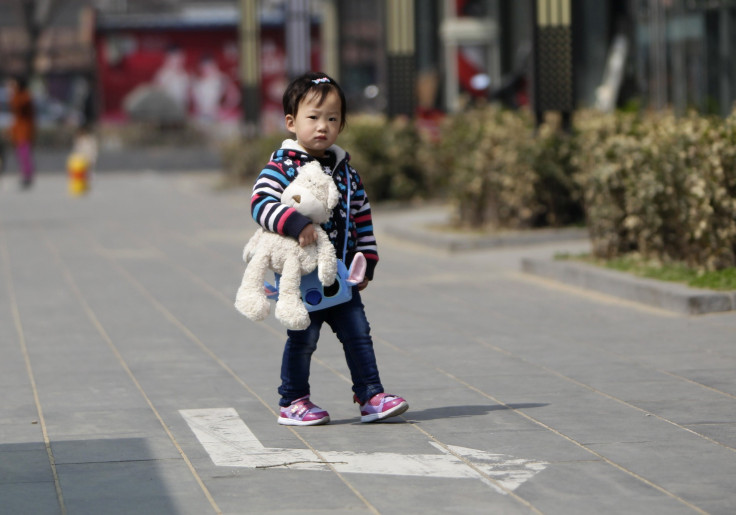China's One-Child Policy: Lucrative Revenue Source For Provincial Governments

The perfectly natural desire of Chinese to have more than one child has unexpectedly provided abundant funds to provincial and local governments – 19 province-level governments in China collected $2.7 billion in fines in the last year alone from parents who violated the one child per couple policy.
Earlier this week China celebrated an occasion not many would feel joyous about, the 33rd anniversary of the one-child policy that was started in 1980 and that limits most urban couples to have just one child, and rural residents to two. Over the years, the policy has become notorious around the world for human rights abuses including forced abortions, coercive sterilizations and abortions for sex selection. The policy also has caused China’s unbalanced gender ratios, since many families favor sons, is raising the specter of an aging workforce.
Policy violations subject offenders to heavy fines.
A lawyer from Zhejiang province, Wu Youshui, sent letters in July asking 31 provincial governments to disclose how much they collected in 2012 in these fines, which are referred to as “social support fees.” Nineteen of the provinces complied with Wu’s request, and his findings were published on Thursday by New Beijing News.
“We want to shed light on how the current family planning policy works,” Wu told the New York Times. “Many are debating reform of the family planning policy. Learning how it works may help with that debate.”
Wu’s data shows that among the provinces that published data, Jiangxi province collected most in fines in 2012 -- $554 million -- and Sichuan province collected $400 million. Fujian province came third with $340 million. Qinghai and Ningxia provinces, with relatively sparse populations, collected the least, $572,000 and $2 million, respectively.
Many of the twelve provinces that did not publish their data said that the fines are collected at the county level, and the provincial-level government has no records of how the collection is managed and how the fees are subsequently used.
A report from the National Audit Office earlier this month found after a review of nine provinces, that the collection and spending of the fines are not regulated by any uniform standards. Wu said that he suspected that the fines had been “managed in a chaotic way,” and that county-level officials overseeing punishment for violating the policy had been unsupervised.
“It should be the family’s decision how many children to have,” Wu said, arguing that the fee should be abolished.
Last year, experts and policy advisers began a major effort to push China’s leaders to change or repeal the policy. Economists pointed out that China’s economic growth rate is likely to slow because the population is aging, which is whittling the size of the workforce, the New York Times reported.
© Copyright IBTimes 2024. All rights reserved.





















